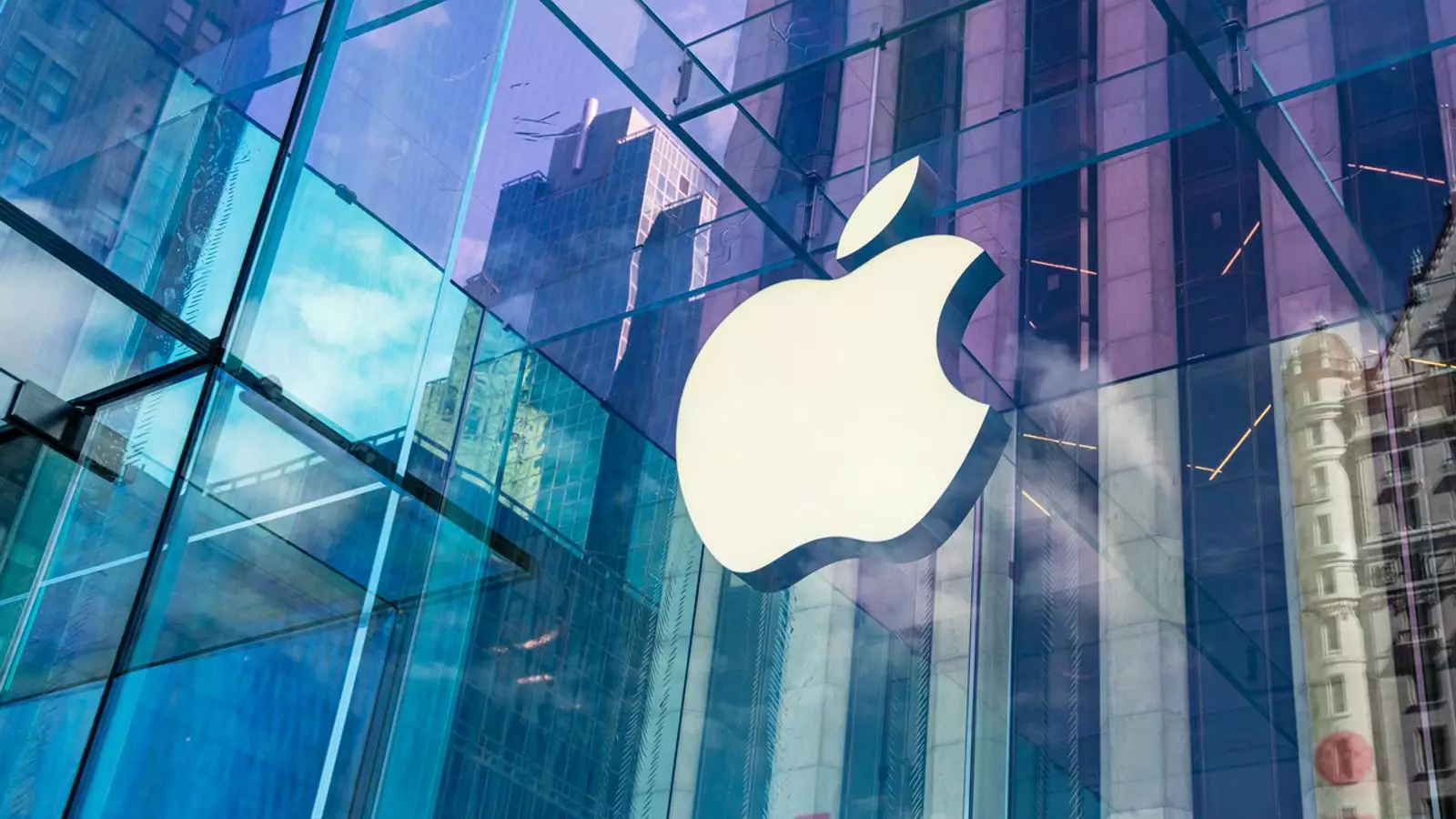The recent directive from the UK government ordering Apple to provide access to encrypted data on its cloud services has reignited the ongoing debate surrounding the delicate balance between individual privacy and national security. As technology companies increasingly adopt robust encryption methods to protect user data, governments worldwide find themselves navigating the complexities of digital security measures and law enforcement challenges. Apple, a leading player in the tech industry, faces a significant dilemma as it grapples with the UK’s demand for data access, amidst a backdrop of concerns from various stakeholders about the implications of such an order.
Encryption serves as a fundamental pillar in safeguarding personal information in today’s digital age. With features like Apple’s Advanced Data Protection (ADP), users have the assurance that their data is encoded in such a manner that only they possess the keys to unlock it. This end-to-end encryption ensures that communications between devices remain confidential, resisting interception and unauthorized access. Apple has consistently maintained that even it, as the service provider, cannot decrypt this data, a position that has drawn both praise and scrutiny.
While the UK government argues that access to encrypted data is crucial for thwarting criminal activities and protecting the public, critics contend that such demands invade personal privacy. They emphasize that any weakening of encryption could pose risks to whistleblowers and journalistic integrity, raising questions about who ultimately benefits from such surveillance measures. The ramifications of a government mandate to decrypt data extend beyond the UK, with potential implications for global tech companies operating under varying legal frameworks.
The Technical Capability Notice (TCN), as reported, instructs Apple to comply with the government’s request without the need for public disclosure. Citing a need to safeguard children and combat crime, the UK Home Office maintains that the ability to access encrypted data underscores a commitment to public safety. This approach reflects a broader trend among governments to author legislation that requires tech companies to alter their security protocols in the name of national interests.
However, critics highlight the potential for misuse of such powers, warning that allowing the government access to encrypted data could lead not only to a breach of privacy but also to a slippery slope where authoritarian regimes could exploit similar measures for oppressive surveillance. This concern resonates especially in contexts where human rights are already compromised, illustrating the need for careful oversight and clear boundaries to prevent abuse of power.
Implementing a policy that allows for government access to encrypted data could have significant international repercussions. Apple points out the risk of other nations, such as China, following suit and compelling Western companies to surrender user privacy under the guise of national security. This creates a precarious balance where democratic nations could unintentionally bolster the justification for authoritarian access to personal information, creating a fractured global approach to privacy rights and encryption.
Furthermore, Apple’s advocacy for user rights reflects a growing discontent among tech giants regarding government overreach. American companies are increasingly concerned that complying with such demands could lead to conflicts with international norms, especially in relation to the European Court of Human Rights, which champions privacy as a fundamental human right.
The clash between Apple and the UK government exemplifies the growing tensions between national security interests and privacy rights in an increasingly interconnected world. While the government’s goal of ensuring public safety is laudable, the approach to accessing encrypted data raises critical questions about the erosion of personal liberties.
As the discourse continues, stakeholders must grapple with the complexities of technological advancement and its impact on society. The world is at a crossroads where the decisions made today regarding encryption and data access could shape the landscape of digital privacy for generations. An open and transparent dialogue among governments, technology companies, and civil society will be essential in navigating these contentious issues, ultimately striving toward a balance that protects both individual rights and public safety in an era defined by digital transformation.


Leave a Reply